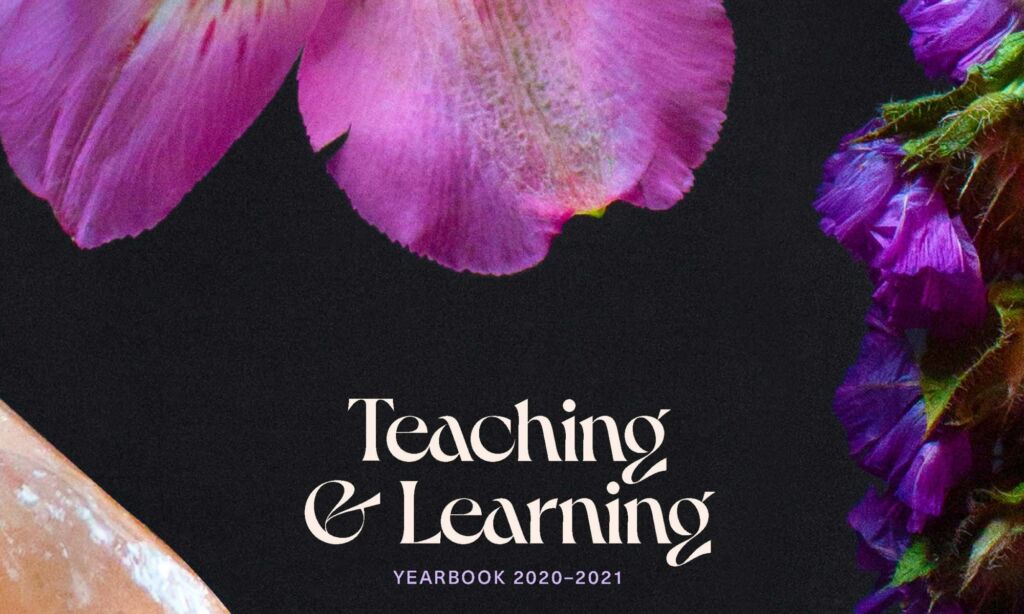
Stories
• As a community that’s always making new things, we love to share experiments, new learnings, and interesting iterations of time-tested tools. Here’s a look inside: works-in-progress, projects of impact, and our reflections on all of it.
Story
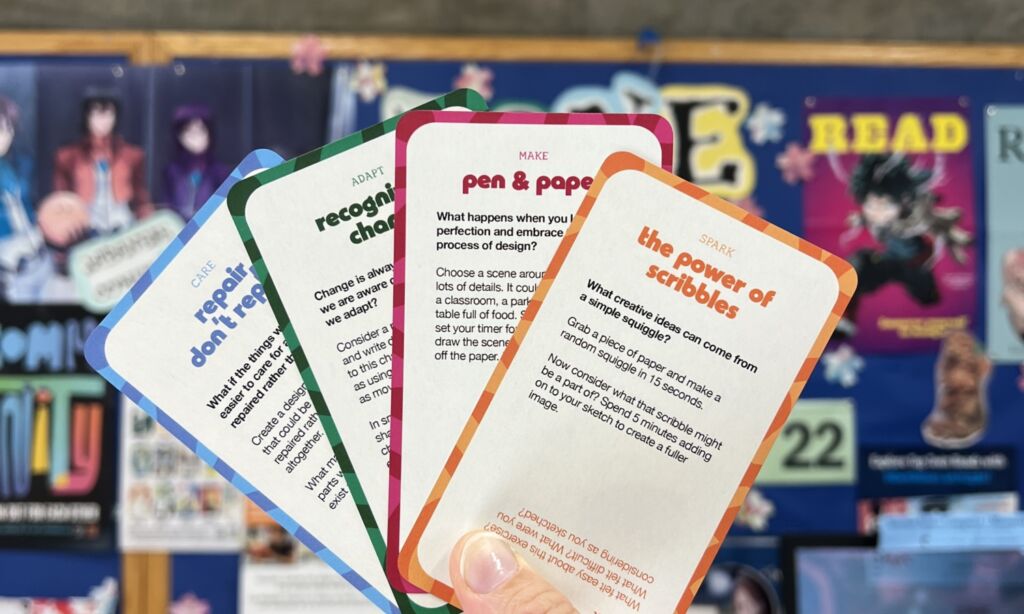
A Deck of Design Values • Sparking curiosity, empathy, and courage in those new to design mindsets
How we worked with Amplifier to create a first-of-its-kind card deck rooted in design values,…
K-12
Story
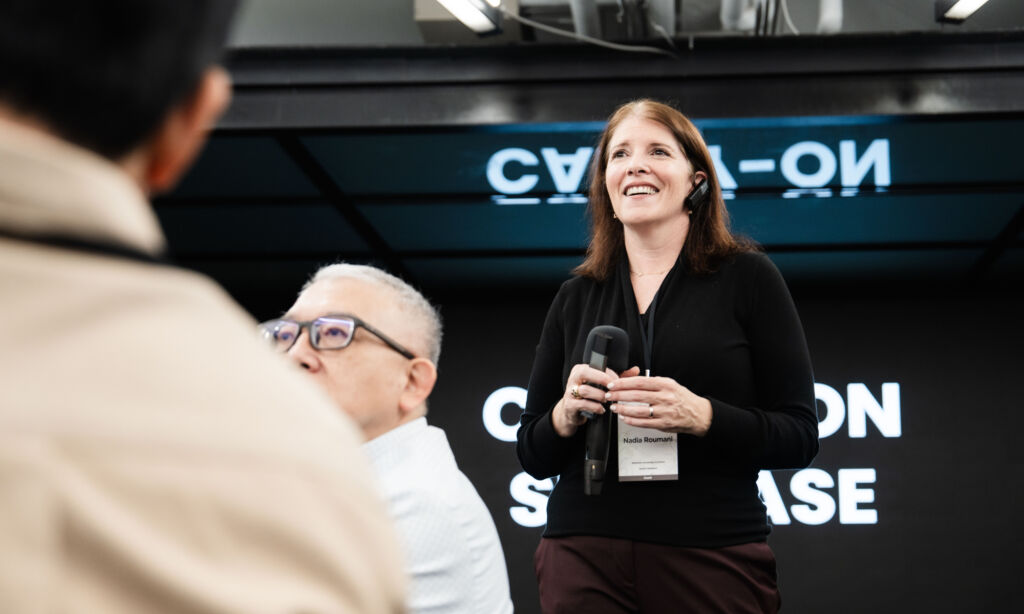
The Hidden Emotional Work of Strategy and Design
Social Impact
Story
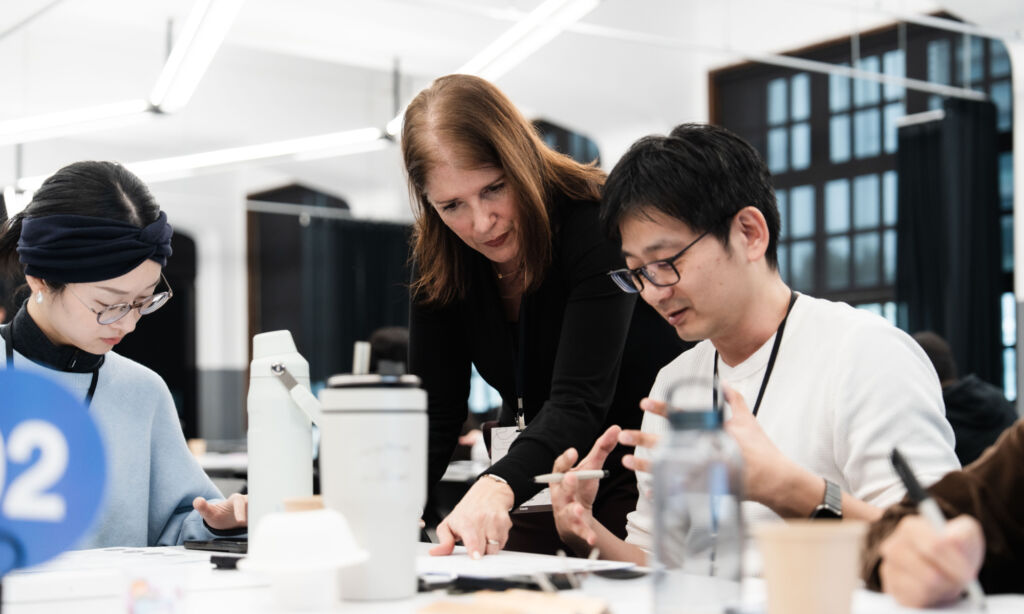
Why Strategy and Human-Centered Design Belong Together
Social Impact
Story
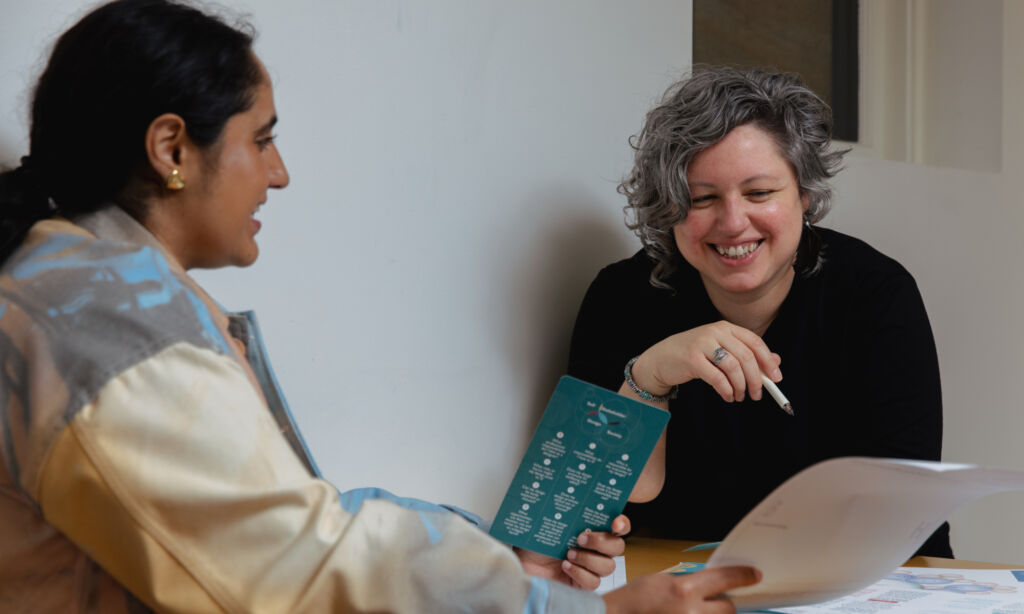
Embedding Ethics in Design Education: Helping students apply ethical reasoning to real-world design…
Story
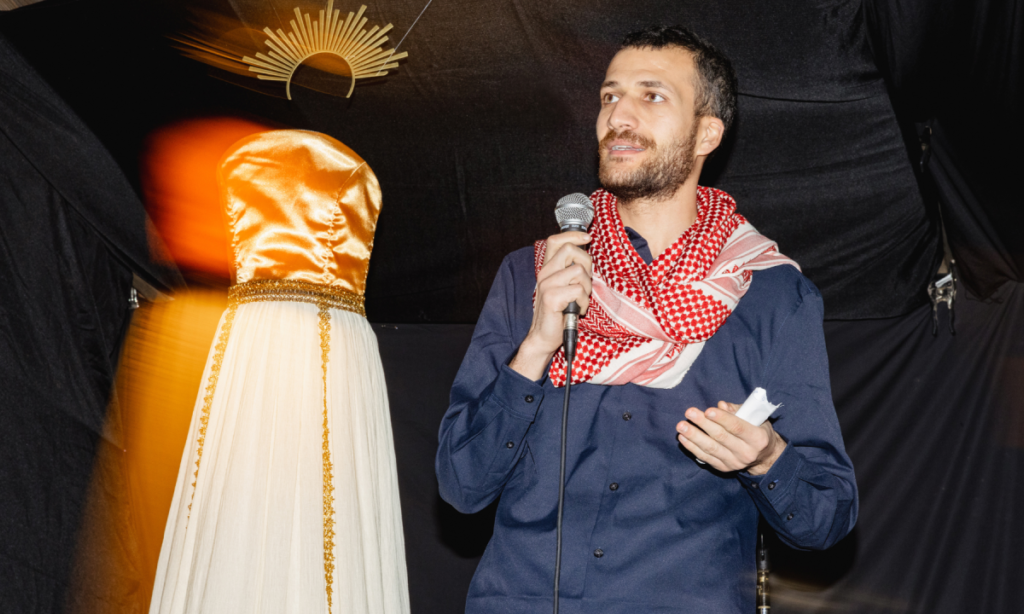
Ahmad Abubaker: A 2025 Personal Statement Night Highlight
Graduate
Story
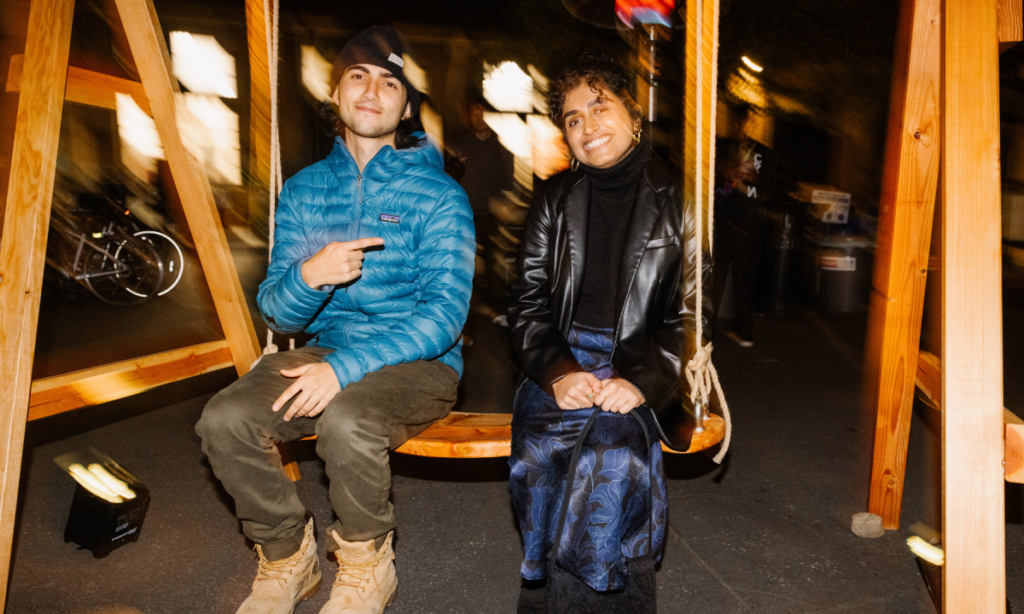
Kavya Udupa: A 2025 Personal Statement Night Highlight
Graduate
Story
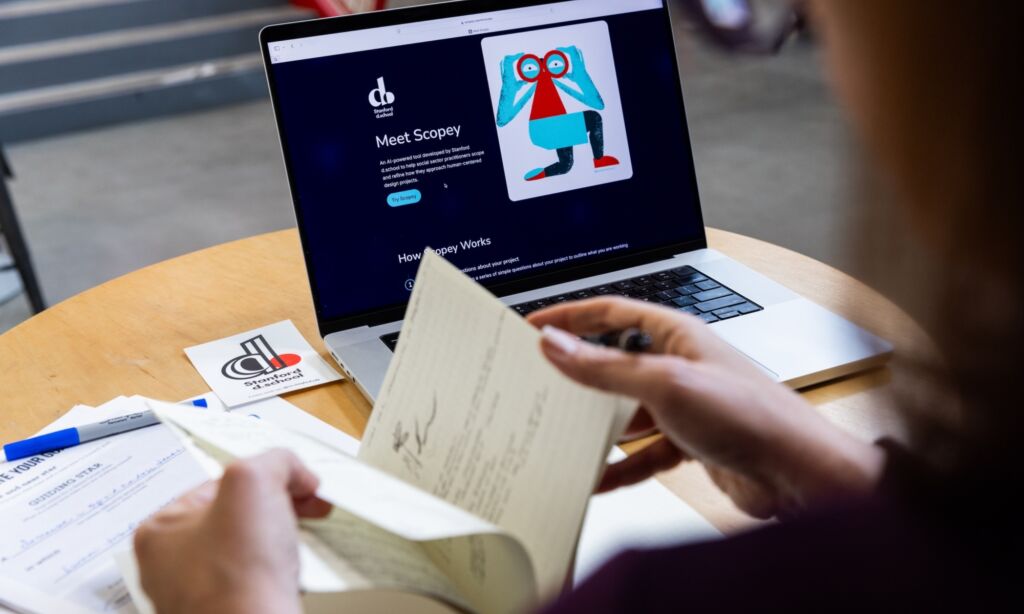
From Overwhelm to Impact: How Project Scoping Unlocks Better Social Change–and How Our AI Tool…
Emerging Tech
Story
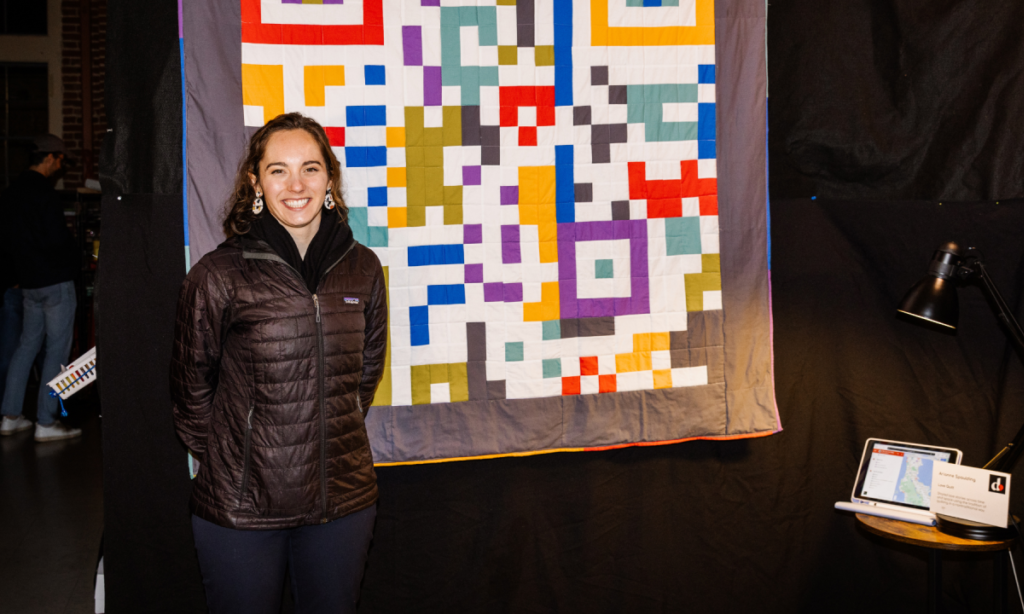
Arianne Spalding: A 2025 Personal Statement Night Highlight
Graduate
Story
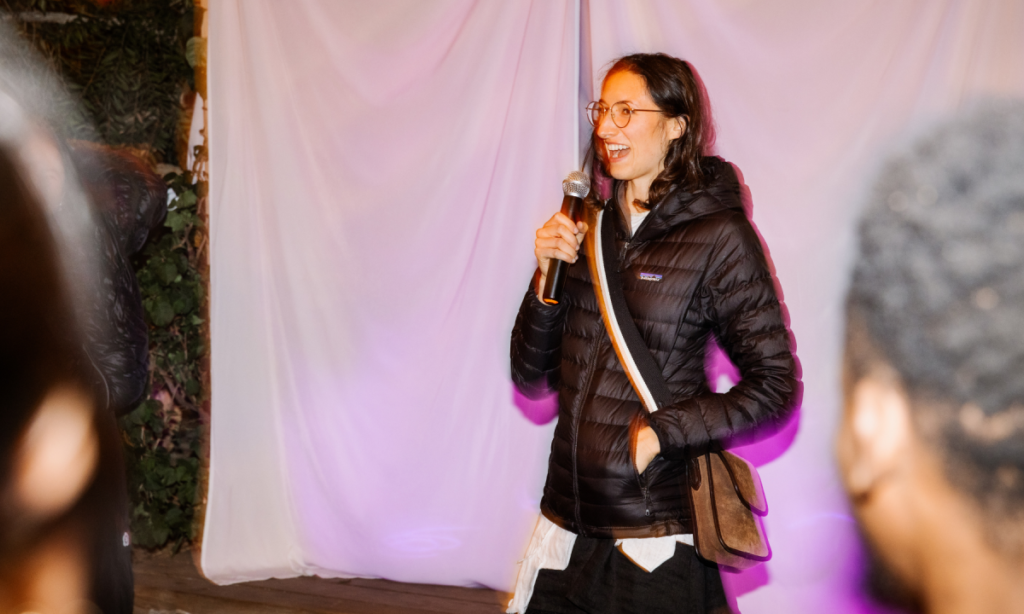
Mollie Redman: A 2025 Personal Statement Night Highlight
Graduate
Story
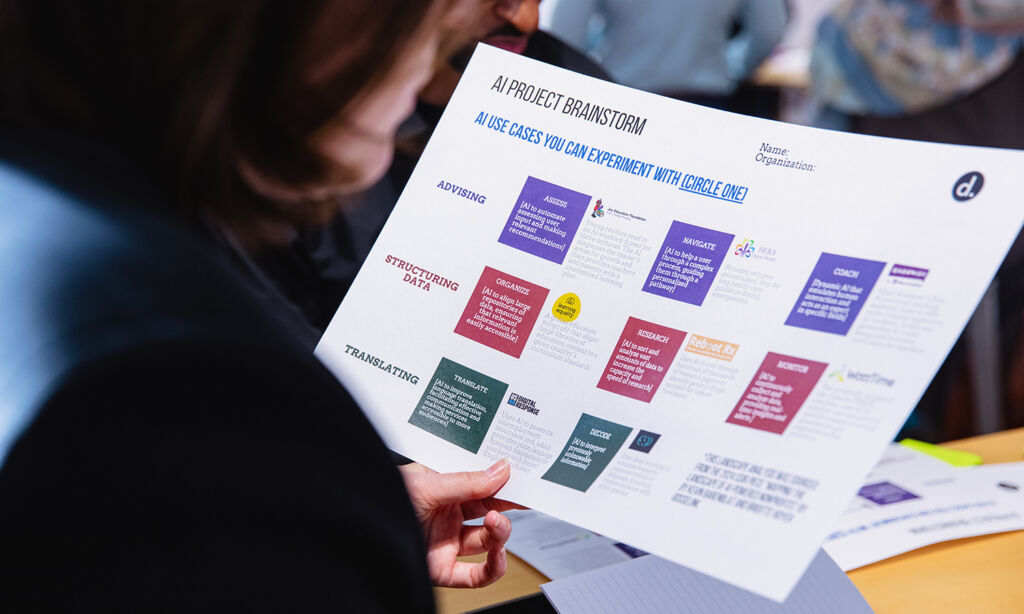
Designing Human-Centered AI for Social Impact: Using AI to Serve the Public Good, Part One
Emerging Tech
Story

How Our Creativity Is Evolving Alongside AI: Creativity in the Age of AI, Part Three
Emerging Tech
Story

Why AI Makes Design Skills More Valuable Than Ever: Creativity in the Age of AI, Part Two
Emerging Tech
Story

Let’s Not Make AI the “Easy Button”: Creativity in the Age of AI, Part One
Emerging Tech
Story
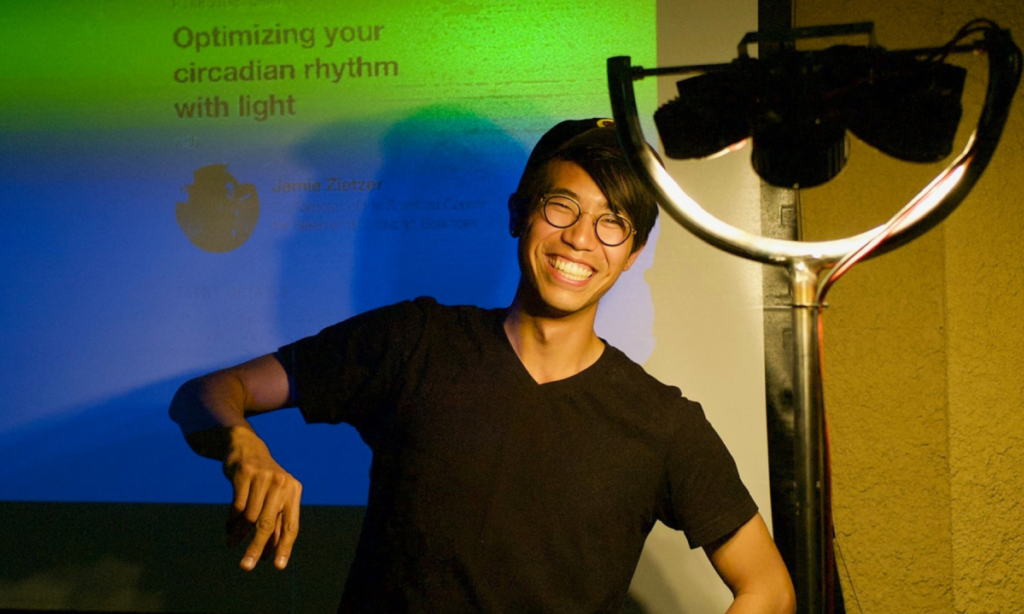
Harrison Lin: Design Master's Degree Spotlight
Graduate
Story
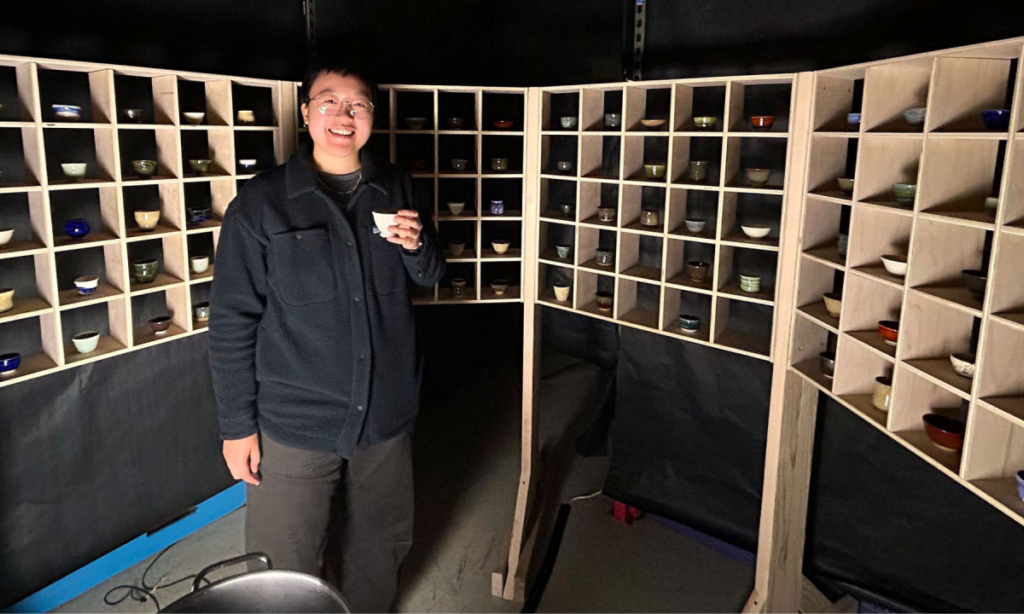
Kalina Yang: A 2025 Personal Statement Highlight
Graduate
Story
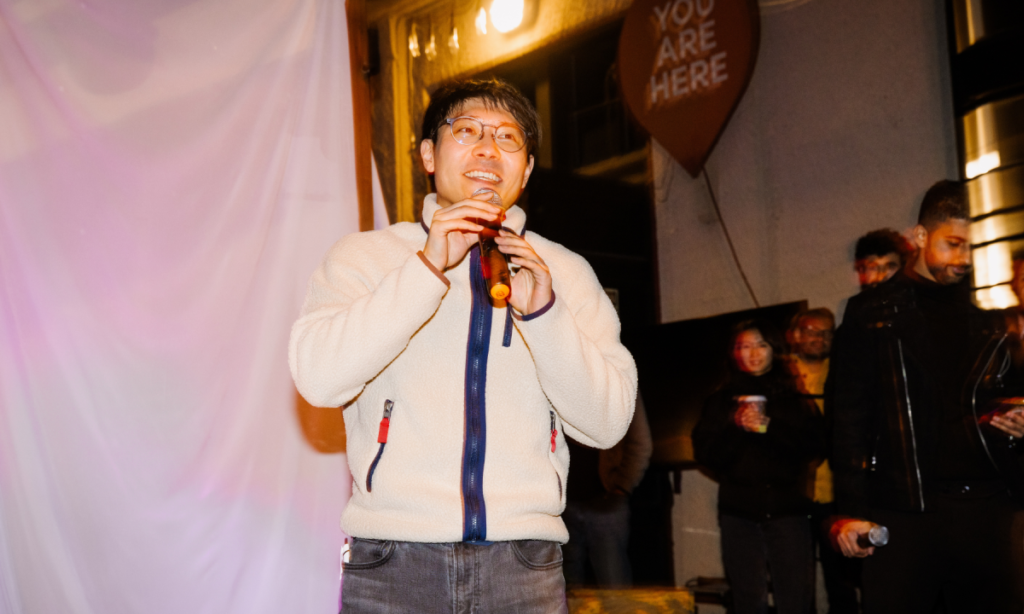
Koh Terai: A 2025 Personal Statement Highlight
Graduate
Story
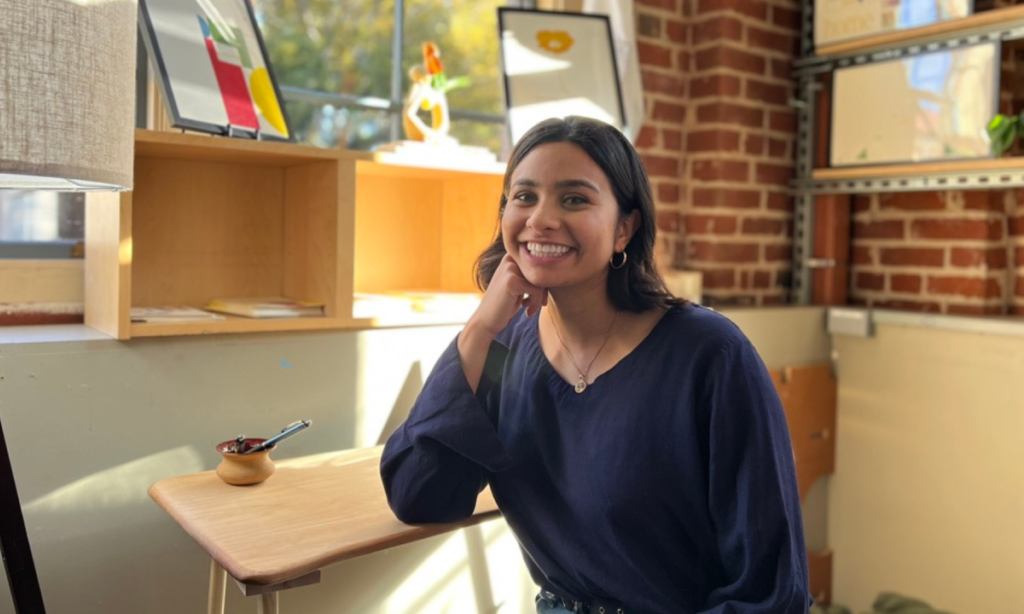
Izma Shabbir: A 2025 Personal Statement Highlight
Graduate
Story
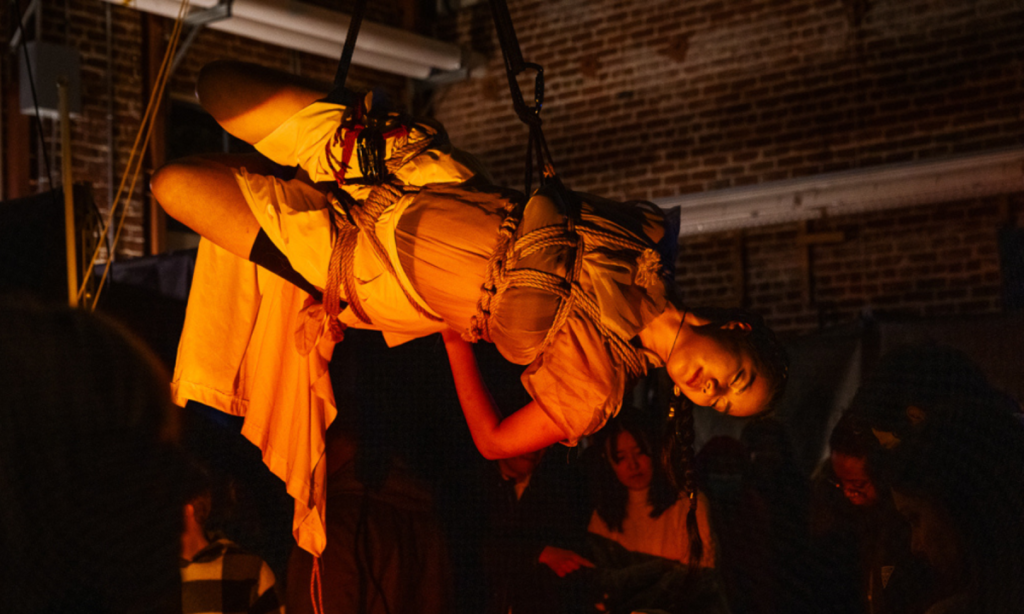
Natalia Chen: A 2025 Personal Statement Highlight
Graduate
Story
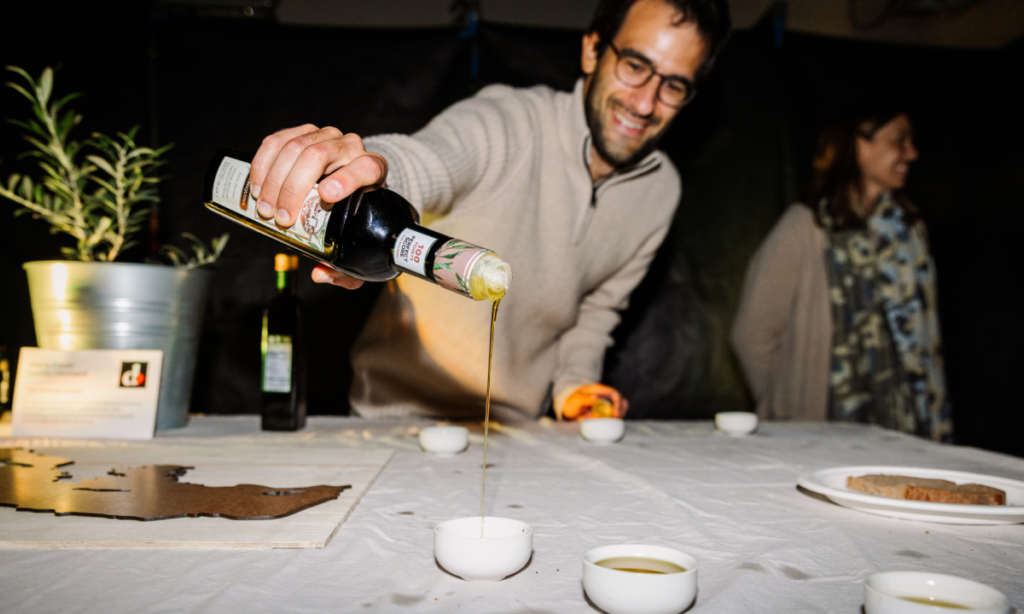
Mario Garcia Causapié: A 2025 Personal Statement Highlight
Graduate
Story

Brigid White: MS Design Student Spotlight
Share Out
Story

Transforming City Services Through Human-Centered Design
Impact
Story

A New Community of Designers
Share Out
Story
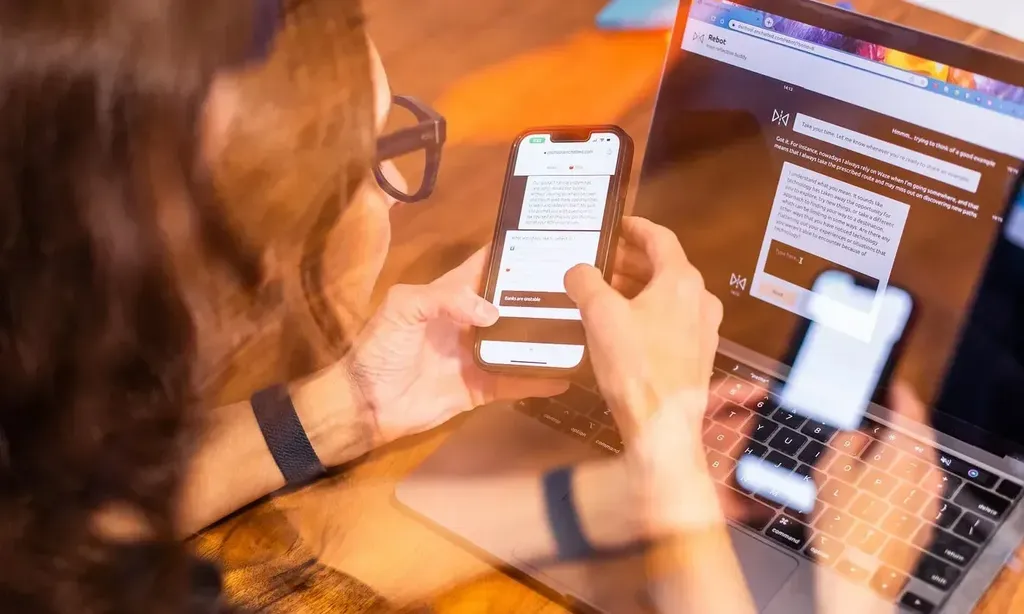
Reflecting with AI
Share Out
Story

Design for Democracy: Investigating Election Administration
Project
Story

Building Future Foundations
Share Out
Story

Future's Happening: Democracy Edition
Project
Story

Stanford’s Two New/Old Design Degrees
News
Story

(in)Visible Designers
Share Out
Story

Reimagining Higher Ed: The Stanford 2025 Project
Project
Story
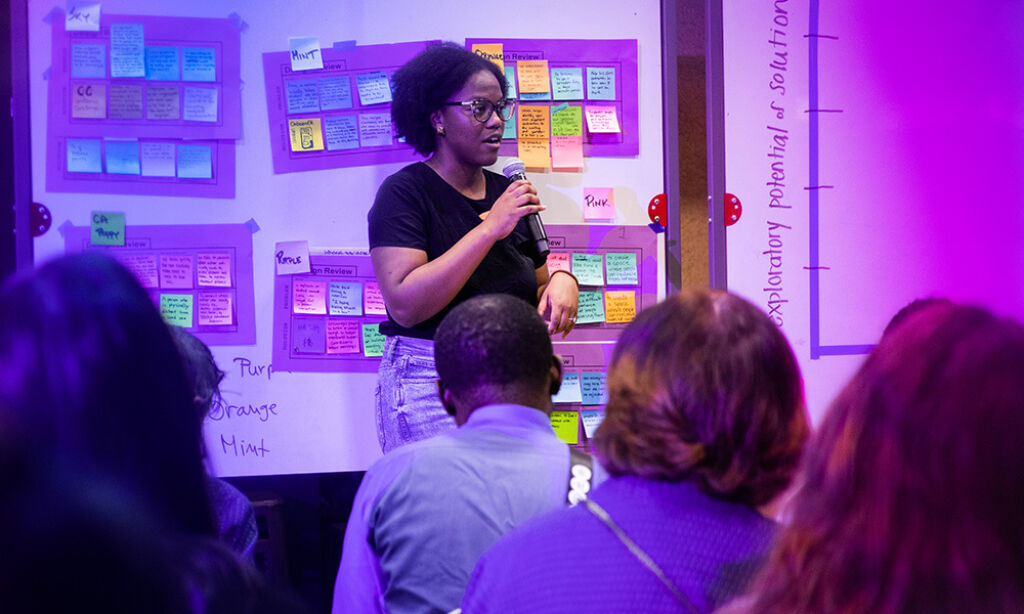
Work Toward Equity: Sound Practice Podcast
Project
Story

How To Write: Rituals and Reminders from the Stanford d.school
Share Out
Story

Saad Riaz: Design Master's Degree Spotlight
Share Out
Story

Positive Deviance for Educators
Project
Story

d.school Yearbook 2023-24
Share Out
Story

Laura Schütz: Developing Sound-Guided Surgery Tools
Impact
Story

Let's Stop Talking about THE Design Process
Share Out
Story

Educator Guides: Activities from d.school Books
Share Out
Story

d.school Yearbook 2022-23
Share Out
Story

Designing (Ourselves) for Racial Justice
Project
Story

Practicing Radical Collaboration: Q&A with Domain Co-Lead Emily Callaghan
Share Out
Story

Designing a Sex Ed Program for Students with Developmental Disabilities: A Case Study
Impact
Story

Burt Herman: Hacks/Hackers
Impact
Story

d.school Yearbook 2021-22
Share Out
Story

Ben Knelman: Engineering Financial Literacy
Impact
Story
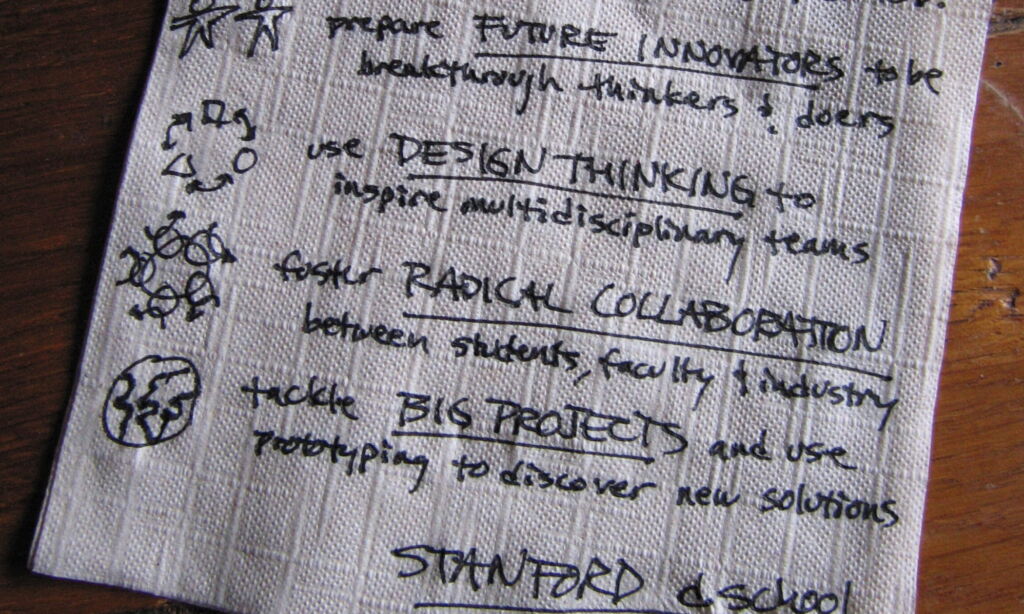
How to Start a d.school
Share Out
Story

Founding Principles
Share Out
Story

Equity Practice in Design
Share Out
Story

Exploring Emerging Tech x Design
Share Out
Story

EdTech Remix
Share Out
Story

Designing Bridges: Building Belonging and Community at the d.school
Share Out
Story

d.school Futures Series
Share Out
Story

The Deeper Learning Escape Room
Project
Story

Rep| Magazine: Emerging Tech for K12 Students and Educators
Project
Story

Reimagining School Safety
Project
Story

Designing Social Media for Youth Mental Health
Project
Story
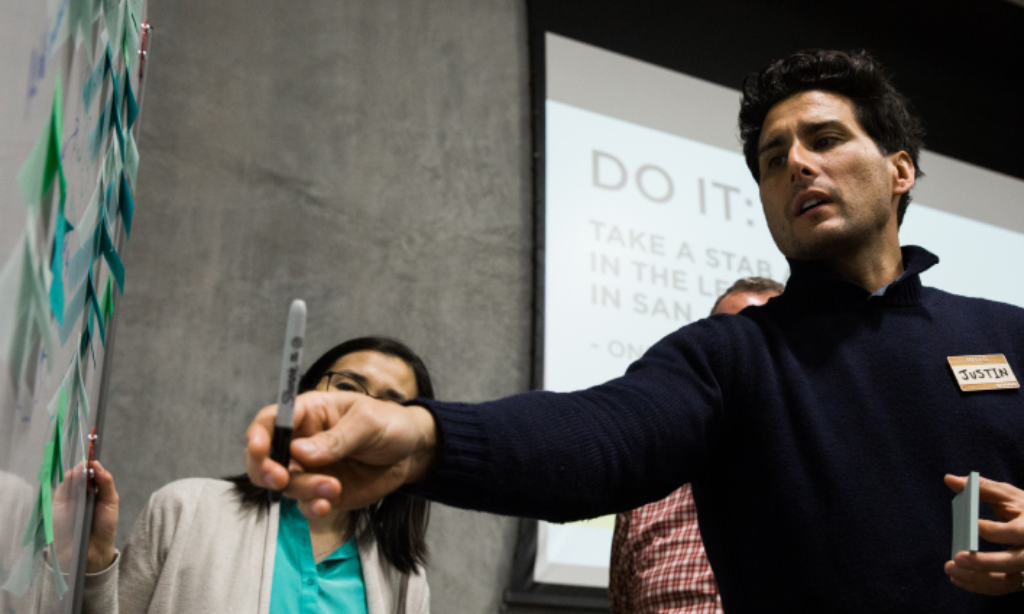
Tackling the Opioid Crisis at the Human and Systems Levels: A Case Study
Project
Story

Integrative Design: A Practice to Tackle Complex Challenges
Share Out
Story
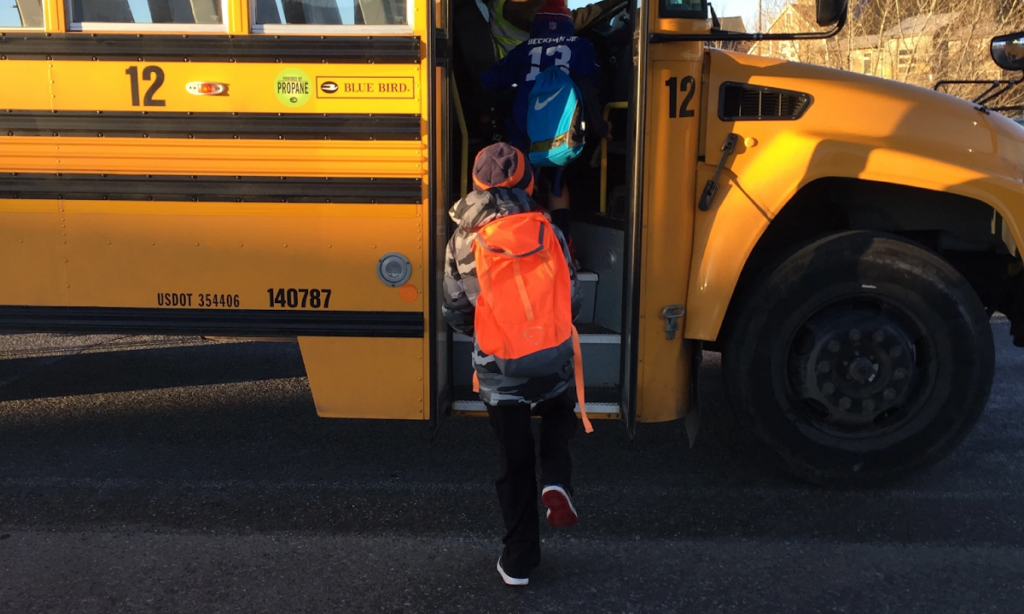
Shadow a Student Challenge: School Leaders Take a Crash Course in Empathy
Project
Story
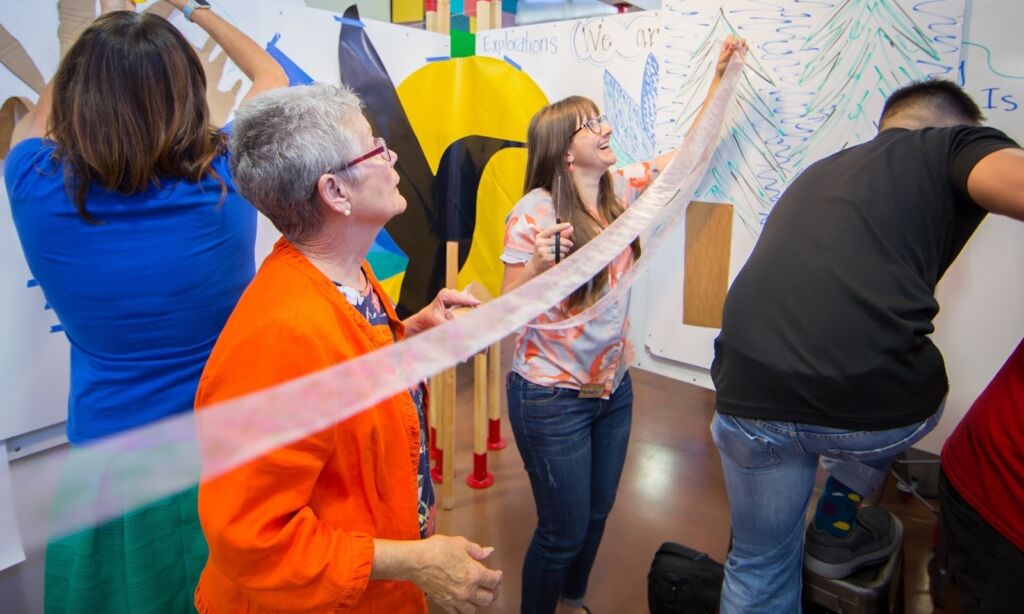
Hactivation Nation: Experimenting Toward Building a Network of Deeper Learning Hackers
Share Out
Story
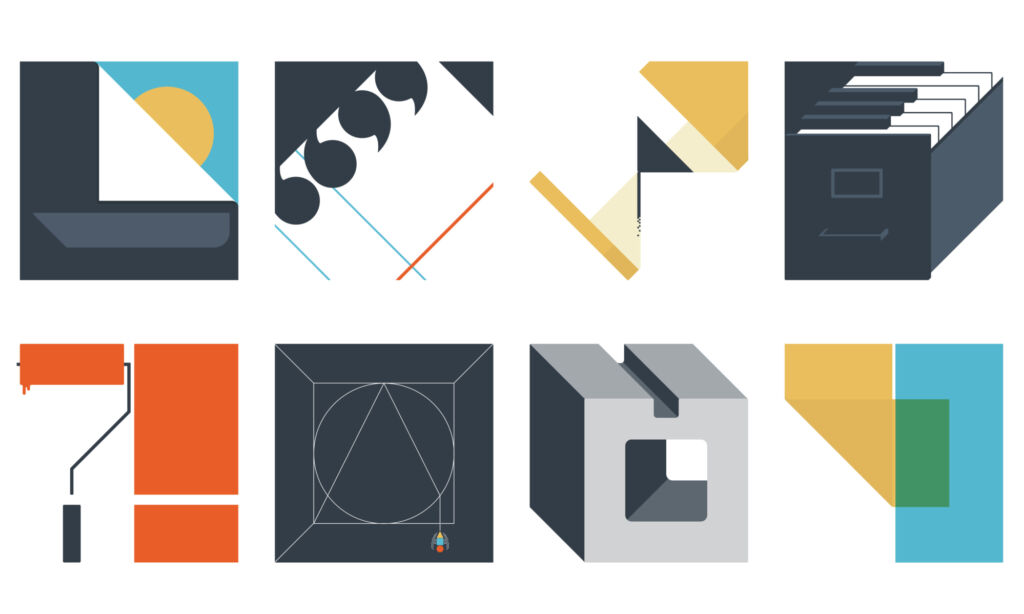
2018 Is the Year of the Intangibles
Educators
Story
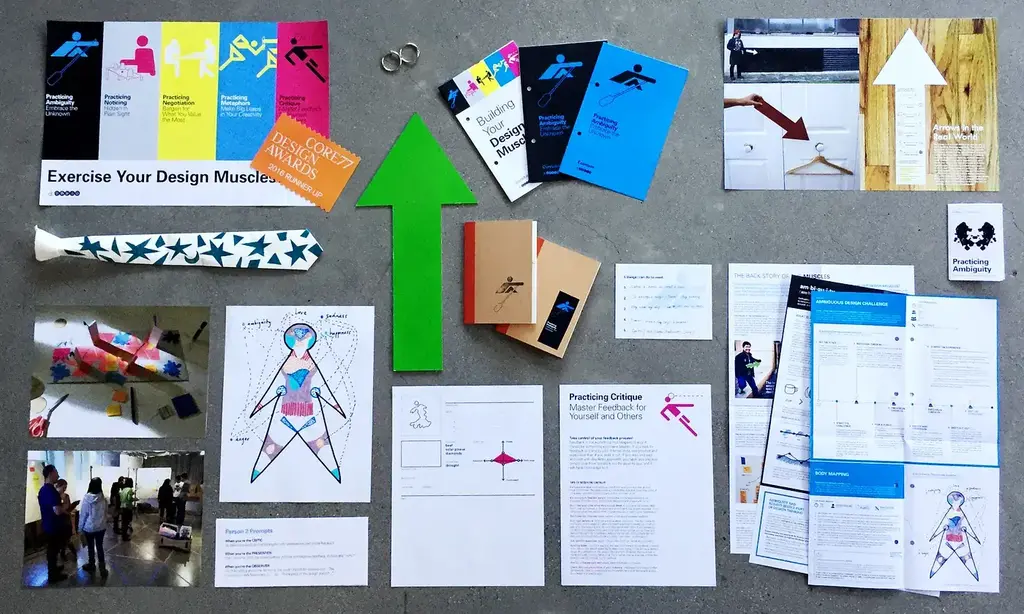
Building Your Design Muscles
Educators
Story
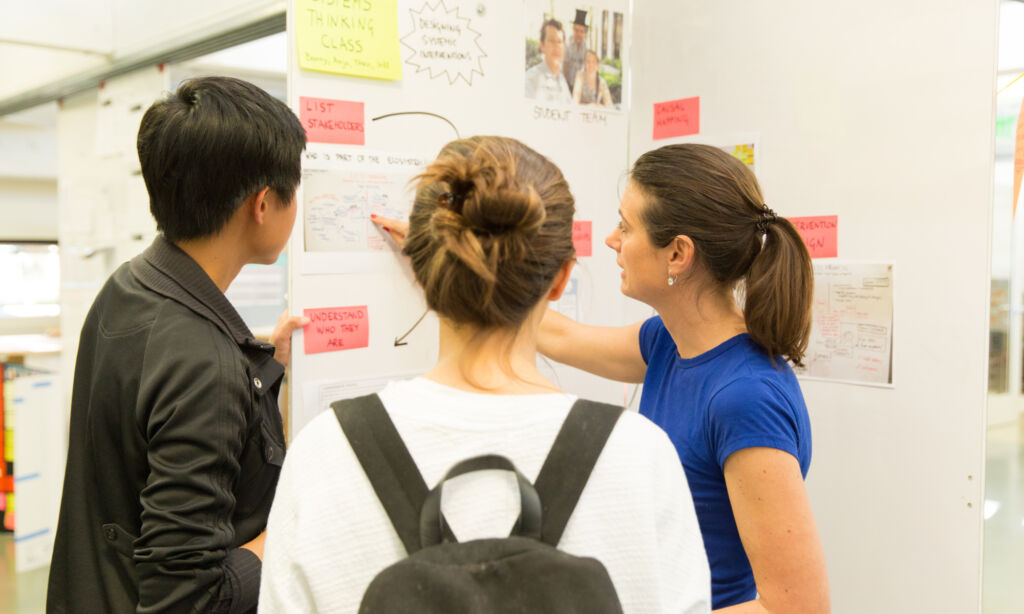
Bias and Creativity: Designing for Worldview
Project
Story
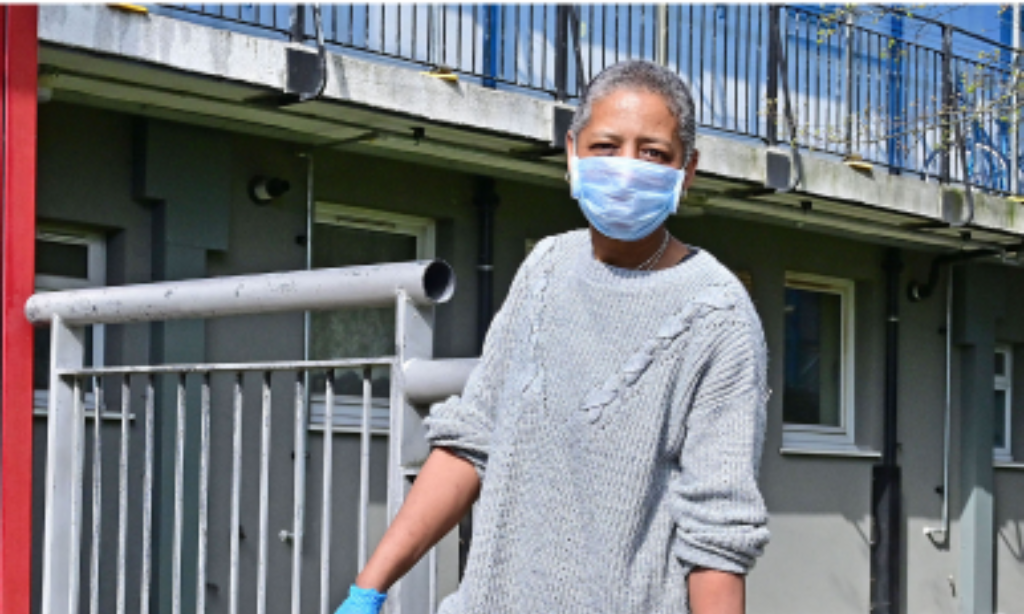
Using Design to Navigate the Pandemic Uncertainty: A Case Study
Social Impact
Story
